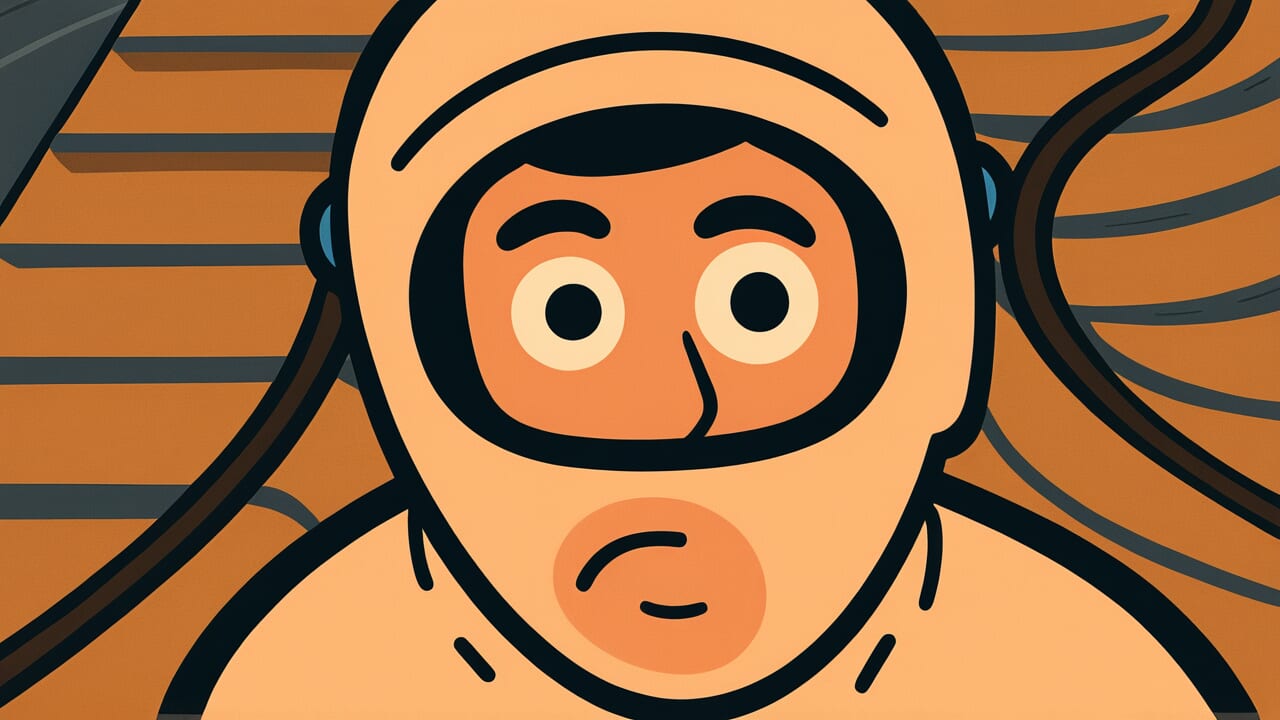How to Read “Wisdom is like the eye: it can see a hundred steps away but cannot see its own eyelashes”
Chi wa me no gotoshi, hyappo no soto wo mite matsuge wo miru atawazu
Meaning of “Wisdom is like the eye: it can see a hundred steps away but cannot see its own eyelashes”
This proverb describes a basic human trait. We can see distant things clearly but often overlook what’s close to us.
We quickly notice other people’s faults and problems. But we struggle to see our own shortcomings. We can analyze distant events and complex social issues with sharp insight. Yet we miss important things right at our feet.
The proverb points out this contradiction in how human intelligence works.
People use this saying in specific situations. It reminds someone who constantly criticizes others to reflect on themselves. It helps someone chasing big goals notice they’re missing nearby happiness.
The proverb fits modern life too. Some people passionately discuss social issues on social media. But they neglect relationships with family and close friends.
The closer something is to us, the harder it becomes to see objectively. This proverb teaches us this universal human characteristic.
Origin and Etymology
This proverb likely comes from ancient Chinese philosophical thought. Contrasting “wisdom” with “eye” appears in classical Chinese philosophy books.
The phrase “can see a hundred steps away but cannot see its own eyelashes” cleverly uses how human vision works. Eyelashes sit right next to the eye. Yet you cannot see your own eyelashes directly with your eyes.
Meanwhile, you can clearly see scenery a hundred steps away. The proverb compares this physical fact to how human intelligence works.
Comparing wisdom to an “eye” suggests intelligence has similar properties to vision. We can clearly analyze distant matters like other people’s problems or social events. But we find it hard to view ourselves and our immediate problems objectively.
The proverb expresses this human trait brilliantly.
We don’t know exactly when this expression reached Japan and became a proverb. Scholars familiar with classical Chinese likely used it first. Then it gradually became widely known.
The method works across time. It explains abstract intelligence through vision, something everyone experiences. This approach has earned people’s understanding throughout the ages.
Usage Examples
- He only points out company problems, but wisdom is like the eye: it can see a hundred steps away but cannot see its own eyelashes—he pays no attention to his own work methods
- Before discussing world peace, wisdom is like the eye: it can see a hundred steps away but cannot see its own eyelashes, so perhaps you should first reconsider your family relationships
Universal Wisdom
Human perception has a strange bias. We can observe distant stars through a telescope. But we cannot see our own face without a mirror.
Similarly, our mind’s eye sees things better when they’re distant. Things close to us become harder to see.
Why do humans have this trait? Viewing ourselves objectively requires stepping away from ourselves. But we always exist inside ourselves. We can only see the world from our own viewpoint.
We can observe other people’s actions from outside. But we can only experience our own actions from inside.
This proverb has lasted because this contradiction appears in every human relationship. During couple’s arguments, we notice only the other person’s faults. At work, we see colleagues’ shortcomings but miss our own areas for improvement.
Parents stay sensitive to children’s problems. But they often remain insensitive to problems in their own parenting.
Our ancestors understood this fundamental human weakness. They also knew that highly intelligent people fall into this trap more easily. Smart people excel at analyzing others. This makes them less likely to notice they need self-analysis.
This proverb points out the limits of intelligence itself. It comes from deep understanding of human nature.
When AI Hears This
The human brain has strict limits on how much information it can process at once. Cognitive science compares the range of attention to a “spotlight.”
When stage lighting illuminates one spot, other areas go dark. Similarly, when you focus attention on distant complex problems, yourself—the closest subject—sinks into darkness.
More interesting is that the visual system itself has structural blind spots. The retina has no light-sensing cells where the optic nerve gathers. Your visual field always contains an invisible area.
Yet we don’t normally notice this. The brain automatically fills in the missing parts using surrounding information. This creates a double blind spot: “not noticing what you don’t see.”
The paradox of intelligence this proverb points out matches this neurological constraint perfectly. People with advanced analytical abilities use up those abilities on external matters. They have no capacity left to observe their own thinking process.
Metacognition—recognizing your own cognition—requires extremely high processing costs for the brain.
Modern AI development faces the same problem. The more complex the judgments an AI can make, the less it can explain why it reached those conclusions.
Ancient Chinese thinkers saw this universal cognitive limitation. They had no brain science or AI, yet they understood it clearly.
Lessons for Today
This proverb teaches us the essence of humility. No matter how smart you are or how much experience you have, you cannot view yourself completely objectively.
That’s why listening to other people’s opinions matters so much.
Modern society overflows with information. Anyone can become a commentator. Expressing opinions about world events is easy. But stop and think first.
Can you see what’s at your feet? Your family relationships, your workplace behavior, your daily small choices. Having eyes that see far matters. But sometimes you need to pick up a mirror and look at yourself.
Specific actions help. Set aside regular time for self-reflection. Get feedback from people you trust. Keep a journal to view your behavior patterns objectively.
Perfect self-awareness is impossible. But effort lets you know yourself little by little. Intelligence that sees far and humility that sees near—having both might be true wisdom.



Comments